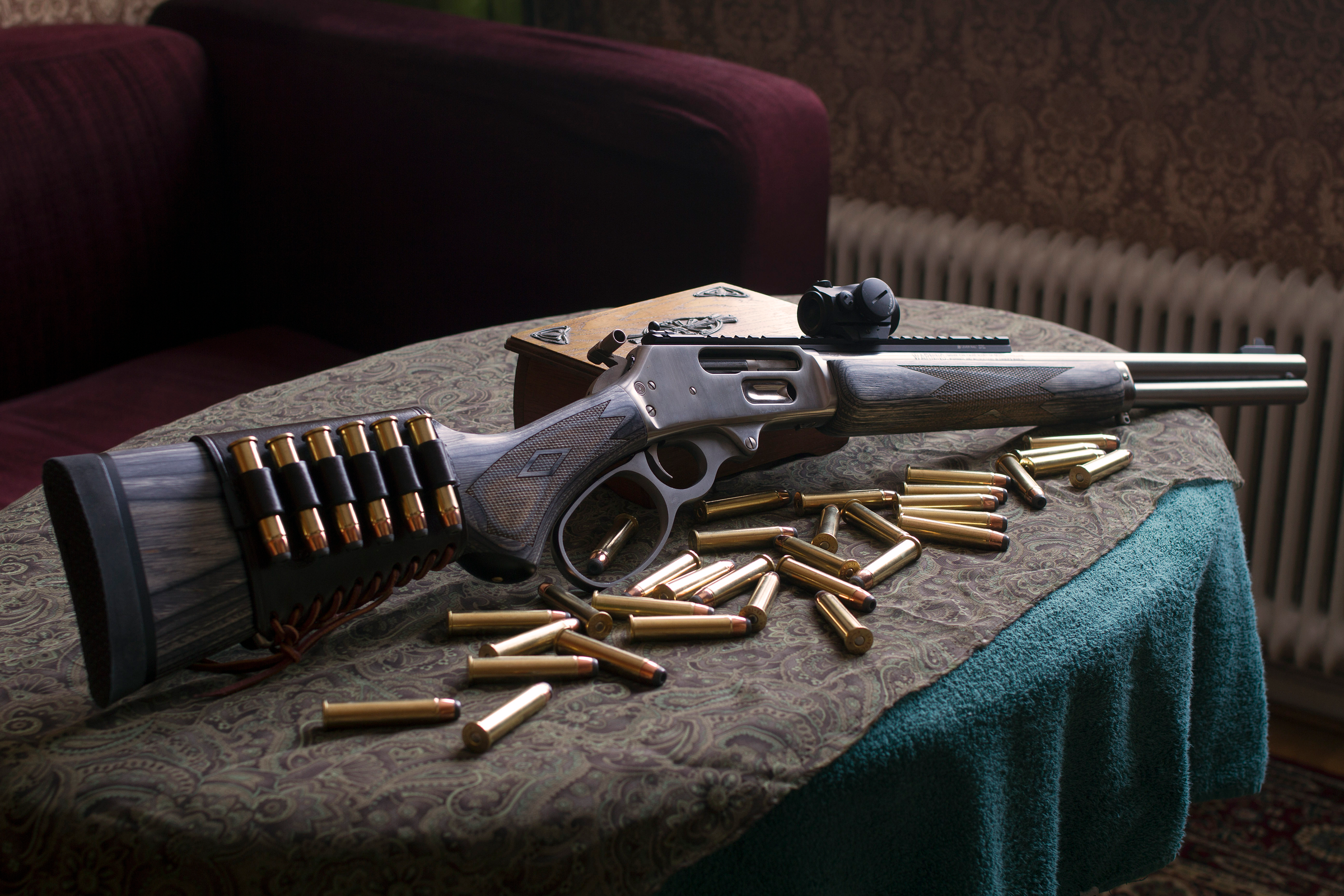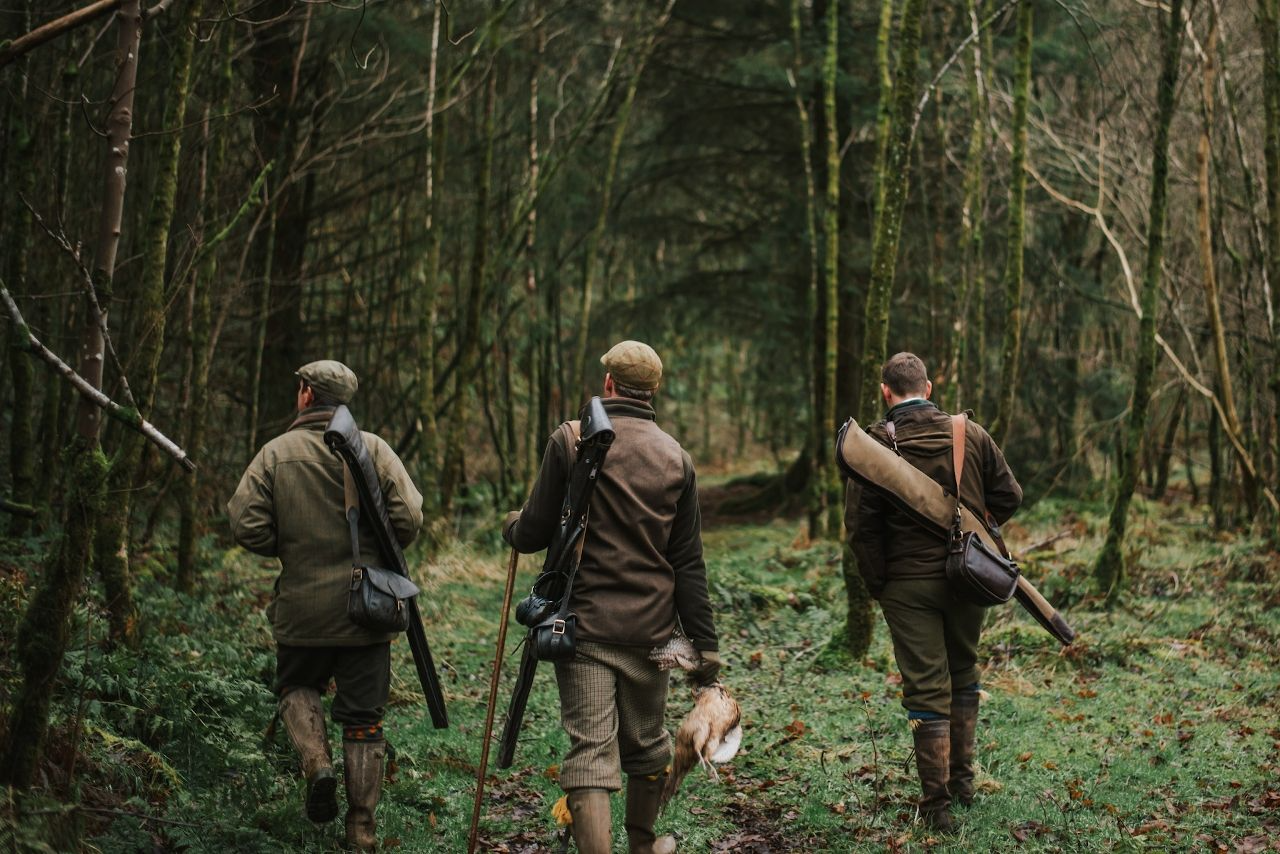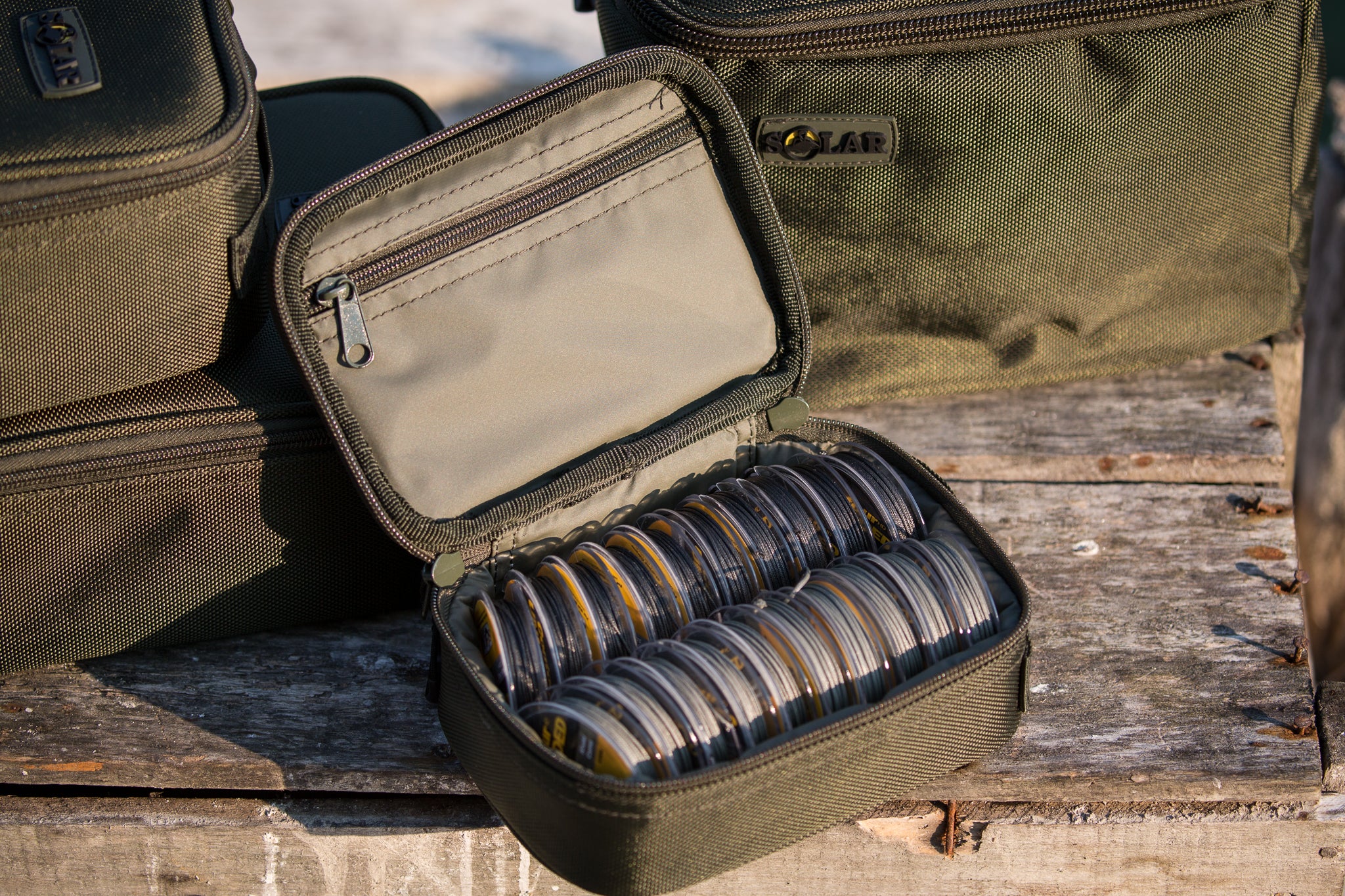How Weather Conditions Affect Hunting Success and How to Prepare for Them?
Animals don’t move randomly. Their feeding, bedding, and travel habits are heavily influenced by weather. Temperature changes can alter movement times, wind direction carries scent, and rain can silence both you and your prey. Successful hunters learn to adapt rather than fight these conditions.
How Weather Conditions Affect Hunting Success and How to Prepare for Them?
1. Temperature: Heat vs. Cold
Cold Weather Hunting
-
Deer, elk, and other game animals often become more active during cold fronts as they feed more aggressively to maintain body heat.
-
Colder mornings and evenings can extend movement windows, giving hunters more opportunities.
Hot Weather Hunting
-
High temperatures push animals into shaded areas or near water sources.
-
Midday hunts are usually less productive, but dawn and dusk activity remains strong.
How to Prepare:
-
Wear moisture-wicking layers to regulate body temperature.
-
Hydrate frequently in hot weather.
-
In the cold, dress in insulated, layered clothing and always carry hand/foot warmers.

2. Wind: The Invisible Game-Changer
Wind direction and speed are critical in hunting because most animals have a keen sense of smell.
-
Consistent Wind: Hunt with the wind in your face to keep your scent away from approaching animals.
-
Shifting Winds: Can betray your position quickly and ruin a setup.
How to Prepare:
-
Use scent control sprays or ozone systems.
-
Carry wind check powder or light string to constantly monitor direction.
-
Choose stand or blind locations based on the prevailing wind.
3. Rain: Friend or Foe?
Light Rain
-
Dampens sound and reduces your scent trail.
-
Animals often move more freely in drizzles, making this an ideal time to hunt.
Heavy Rain
-
Prolonged downpours can bed down animals, but once the rain slows, expect sudden bursts of movement.
How to Prepare:
-
Invest in waterproof boots, rain gear, and dry bags for ammunition and electronics.
-
Maintain your firearm or bow regularly to prevent rust or string damage.

4. Snow and Ice: Clear Tracks and Challenges
Snow is a hunter’s ally when it comes to tracking. Fresh prints are easy to follow, and game often stands out against white backdrops.
Extreme Cold can suppress animal activity, but short cold snaps may trigger feeding frenzies.
How to Prepare:
-
Use insulated, non-slip boots for icy terrain.
-
Carry emergency supplies—blanket, fire starter, food—since snowstorms can escalate fast.
-
Choose optics with anti-fog lenses for clear visibility.
5. Fog and Low Visibility
Fog muffles sound and allows hunters to move closer to game without detection. However, reduced visibility also raises risks of misidentification and unsafe shots.
How to Prepare:
-
Use binoculars or scopes designed for low-light conditions.
-
Stick to known trails and be cautious of terrain hazards.
-
Prioritize safety: only take shots when the target is clearly visible.
6. Seasonal Weather Patterns
-
Spring: Game animals feed heavily after winter; turkey and predator hunts are especially productive.
-
Fall: Cooler weather and rutting season make deer and elk more active.
-
Summer: Focus on water sources and shaded bedding areas.
-
Winter: Expect restricted movement except during feeding times.
How to Prepare:
-
Scout your hunting area in advance to see how animals adapt each season.
-
Adjust gear—lightweight clothing in summer, thermal layers in winter.
-
Pay attention to local migration or rutting periods.

Final Thoughts
Weather isn’t an obstacle—it’s a tool. Hunters who learn to interpret and adapt to changing conditions gain a significant edge. Whether it’s adjusting for shifting winds, preparing for a snowstorm, or taking advantage of post-rain animal activity, preparation is the real secret behind consistent hunting success.
Before your next trip, check the forecast, pack the right gear, and adjust your strategy to match the conditions. The more you work with nature, the more successful your hunts will be.





















